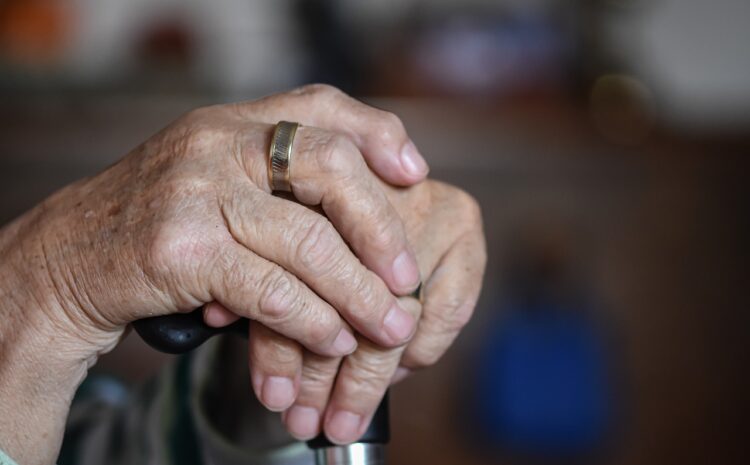
Elder abuse is a pervasive issue that affects millions of older adults worldwide. Despite its prevalence, this form of abuse often goes overlooked, leaving vulnerable individuals suffering in silence. In this article, we’ll explore the reasons why elder abuse is frequently unrecognized, the consequences of this lack of awareness, and the steps we can take to prevent and address this silent epidemic.
The Hidden Nature of Elder Abuse
One of the primary reasons elder abuse is often overlooked is its hidden nature. Many instances of abuse occur behind closed doors, in the privacy of homes or care facilities. Victims may be isolated from family and friends, making it difficult for others to detect signs of mistreatment.
Moreover, perpetrators of elder abuse are often trusted individuals, such as family members, caregivers, or nursing home staff. This relationship dynamic can make it challenging for victims to speak out, as they may fear retaliation, abandonment, or loss of care.
Lack of Awareness and Education
Another factor contributing to the overlooking of elder abuse is a general lack of awareness and education. Many people are not familiar with the signs and symptoms of abuse, making it difficult to recognize when an older adult is being mistreated.
Additionally, there is a lack of training among healthcare professionals, social workers, and law enforcement personnel in identifying and responding to elder abuse. This knowledge gap can lead to missed opportunities for intervention and support.
Stigma and Ageism
Stigma and ageism also play a role in the overlooking of elder abuse. Society often views older adults as frail, dependent, and less valuable than younger individuals. This perception can lead to a dismissive attitude towards the concerns and experiences of older adults, including instances of abuse.
Furthermore, victims may feel ashamed or embarrassed to admit they are being abused, fearing judgment or blame from others. This stigma can prevent them from seeking help and reporting the abuse.
The Consequences of Overlooking Elder Abuse
The failure to recognize and address elder abuse has severe consequences for victims. Prolonged exposure to abuse can lead to physical injuries, emotional trauma, and even premature death. Victims may experience depression, anxiety, and a diminished quality of life.
Moreover, the overlooking of elder abuse allows perpetrators to continue their abusive behavior unchecked. This not only puts the current victim at ongoing risk but also leaves other vulnerable individuals susceptible to future abuse.
Taking Action Against Elder Abuse
To combat the silent epidemic of elder abuse, we must take proactive steps to increase awareness, education, and prevention. This includes:
- Educating the public about the signs and symptoms of elder abuse
- Training healthcare professionals, social workers, and law enforcement personnel to identify and respond to abuse
- Encouraging victims to speak out and providing them with safe, confidential reporting mechanisms
- Strengthening laws and policies to protect older adults and hold perpetrators accountable
- Promoting a culture of respect and value for older adults in society
By working together to shed light on this hidden issue, we can create a safer, more supportive environment for older adults and ensure that no victim of elder abuse suffers in silence.
The Role of Nursing Home Abuse Lawyers
If you suspect that your loved one has been a victim of nursing home abuse, it’s crucial to seek the help of an experienced nursing home abuse lawyer. These legal professionals have the knowledge and resources to investigate your case, gather evidence, and fight for your loved one’s rights.
When selecting a nursing home abuse lawyer, look for someone with a proven track record of successfully handling similar cases. They should have a deep understanding of the laws and regulations governing nursing homes in your state and be committed to providing personalized, compassionate representation.
During your initial consultation, ask about the lawyer’s experience, their approach to handling nursing home abuse cases, and their fees and payment structure. A reputable nursing home abuse lawyer will be transparent about their services and work tirelessly to help you achieve the best possible outcome for your loved one.
By working with a skilled nursing home abuse lawyer, you can hold abusive facilities accountable, secure compensation for your loved one’s injuries and losses, and help prevent future instances of abuse. Together, we can fight the silent epidemic of elder abuse and ensure that all older adults receive the respect, dignity, and protection they deserve.

